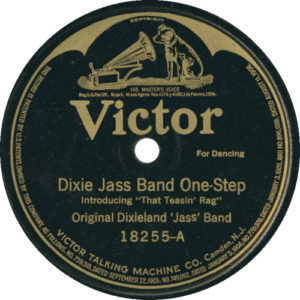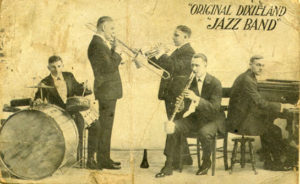 Mrs. T and I flew up to Hartford on Saturday night and made our way from the airport to the Connecticut farmhouse in which we live, bringing to a close our annual trip to Florida.
Mrs. T and I flew up to Hartford on Saturday night and made our way from the airport to the Connecticut farmhouse in which we live, bringing to a close our annual trip to Florida.
We had a happy time down south, as we always do, and I got a lot of work done while we were there, as I always do. Not only did I review several fine shows, but I spent three satisfying days workshopping my own new play, whose premiere was announced in January. Somewhere along the way, we both got to feeling as though we’d be perfectly happy to stay in Florida forever, driving from show to show and living out of suitcases. But come Saturday, we were more than ready to head home, unpack our bags, sleep in our own beds, and resume our regular lives.
I almost said “normal” instead of “regular,” but then I remembered the wise words that Doc Holliday spoke to Wyatt Earp in Tombstone: “There is no normal life, there’s just life.” It’s as “normal” for the two of us to stroll up and down the beaches of Sanibel island in January as it is for us to turn up the heat in Connecticut, nestle on the couch, and watch old movies together in March. Still, there comes a time when you want to return to a place where you can find the light switches in the dark, and that time has come. Cold as it is up here in the country, we’ve done enough traveling to hold us for a while.
I’ll be spending the next two months covering New York theater openings, of which there are far too many this spring, and we won’t be hitting the road again until the season ends. Instead we’ll content ourselves with shuttling between Manhattan and Connecticut and making plans for our summer travels, which will be, as usual, extensive. And sooner or later we’ll look up at each other and say, “It’ll be nice to get back to Florida again, won’t it?” And so it will be. Home is wherever we both are, ever and always.
* * *
Nickel Creek perform Bob Dylan’s “Tomorrow Is a Long Time” in Boston in 2014:

 Victor 18255-A, the first jazz record, was cut in New York one hundred years ago yesterday, five years after the word “jazz” first appeared in print. On it, the Original Dixieland Jass Band, a group of five white musicians from New Orleans, can be heard playing
Victor 18255-A, the first jazz record, was cut in New York one hundred years ago yesterday, five years after the word “jazz” first appeared in print. On it, the Original Dixieland Jass Band, a group of five white musicians from New Orleans, can be heard playing  That’s as true today as it was eight years ago, La La Land and Whiplash notwithstanding, and I don’t expect the situation to change in my lifetime. Be that as it may, jazz—great jazz—is still being played in New York and all over the world, and I don’t expect that to change any time soon, either.
That’s as true today as it was eight years ago, La La Land and Whiplash notwithstanding, and I don’t expect the situation to change in my lifetime. Be that as it may, jazz—great jazz—is still being played in New York and all over the world, and I don’t expect that to change any time soon, either.
